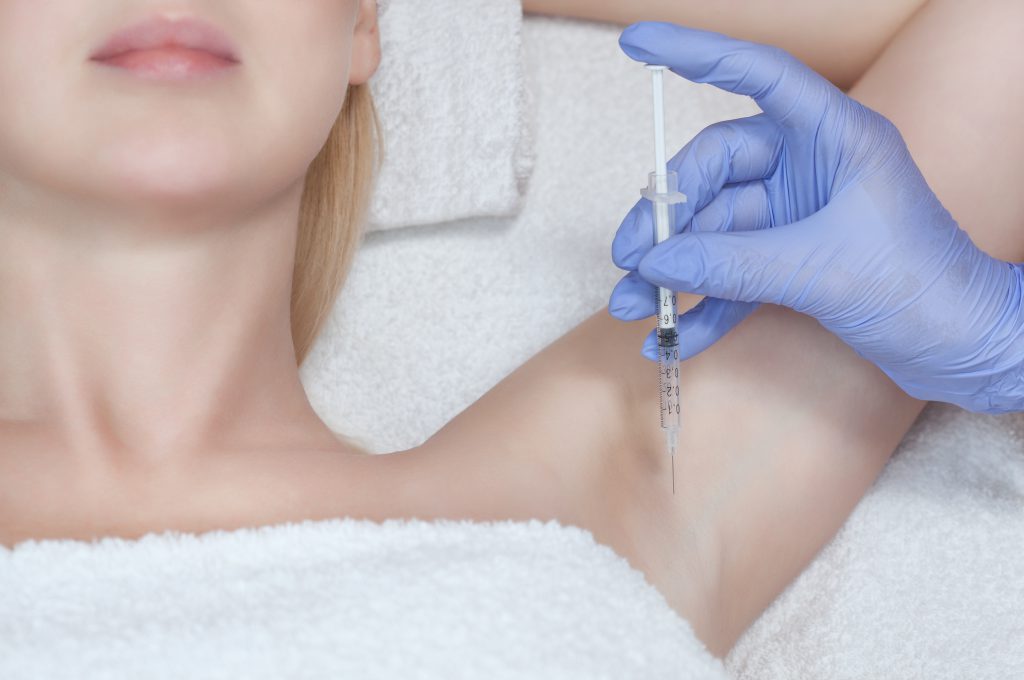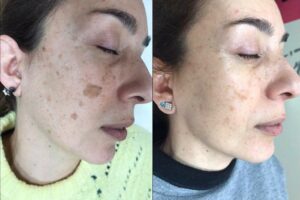Hidradenitis suppurativa and its toll on quality of life

Hidradenitis suppurativa affects 1% of people. About 500,000 people in Spain suffer from it, yet only 85% of citizens are aware of the existence and effects of this chronic skin condition. Early detection is critical for preventing a worsening impact on the patient’s quality of life.
What is hidradenitis suppurativa?
It is a chronic inflammatory skin disease that mainly affects the hair follicles, and usually manifests itself after puberty (20-50 years). It appears in the form of painful inflammatory lesions, fistulas and suppurated abscesses in areas of folds such as the buttocks, armpits, groin and under the breasts.
Women are typically affected more often than men, but it has been observed that the former experience a great improvement after menopause.
Causes of the disease
There exist a number of causes; genetic, endocrinal and hormonal. The risk factors are:
- Obesity.
- Smoking.
- Constantly wearing clothing that is too tight.
- Removing body hair via shaving instead of other methods such as Alexandrite laser (available in Estética Ochoa).
Can it be cured?
This health issue is difficult to cure completely. Typically, the symptoms and outbreaks will come and go throughout a patient’s life.
What treatments have proven effective?
The most important thing in the treatment of this disease is to diagnose it in time, in order to ensure that the patient maintains as high a quality of life as possible. If caught early, the chronic inflammatory process can be stopped via oral antibiotic drugs (tetracyclines and clindamycin/rifampicin), as well as new biological treatments with adalimumab for the most severe cases.
In some instances, corticoid injections are necessary for reducing inflammation.
When does the disease affect quality of life?
Hidradenitis suppurativa has a great impact on the quality of life of patients, even more so than other skin conditions such as urticaria, psoriasis or atopic dermatitis.
- Socially: The skin lesions and suppurated discharges may often make patients feel ashamed and self-conscious.
- Professionally: Similary to the social aspects above, patients may also find their career prospects become limited.
- Sexually: If these wounds appear in intimate areas it may lead to sexual dysfunction.
These factors may lead to anxiety and depression in patients.
How can the negative impact on quality of life be reduced?
For patients with severe symptoms who have not responded to antibiotics, biological treatment is recommended, such as Adalimumab. This is a monoclonal antibody with double action: it decreases the effect of tumour necrosis (a cytokine produced by certain cells that increases inflammatory symptoms) and it induces cell death of abnormally activated lymphocytes.
Adalimumab is administered via injections biweekly. Its benefits have been widely praised in fighting this disease.




